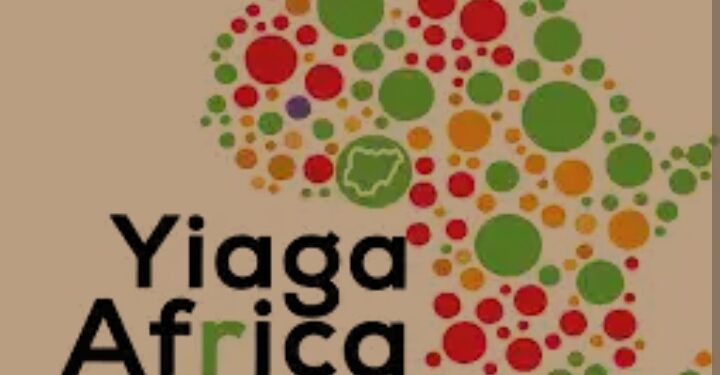Ghana 2024 elections showcased a transparent and efficient electoral process admired by experts across Africa. Nigeria is urged to adopt similar practices to strengthen its electoral system and democracy.
Following its accreditation by the Electoral Commission of Ghana (EC), Yaiga Africa dispatched an Election Study and Observation Mission (ESOM) from 3rd to 10th December 2024. The mission’s goal was to observe Ghana’s electoral governance system, with a keen focus on the election result management process.
The 12-member delegation, was led by Dr Aisha Abdullahi, former African Union Commissioner of Political Affairs, presented its findings during a press conference held at Transcorp Hilton Hotel in Abuja. The event aimed to highlight the positive lessons Nigeria and other West African nations can learn from Ghana’s electoral practices.
During the press conference, Dr Aisha Abdullahi commended Ghana’s electoral commission for its commitment to transparency and the successful execution of the 2024 general elections.
She noted that the culture of respect for democratic institutions among stakeholders significantly strengthened Ghana’s democracy and promoted active citizenship.
Dr. Abdullahi called on Nigeria political actors to uphold democratic values such as patriotism, integrity, and public interest. “Political stakeholders must show unwavering commitment to democracy and nation-building,” she urged.
When addressing the media, she commended Ghana’s electoral body for its transparency and adherence to democratic principles during the 2024 general elections.
She noted that the culture of respecting democratic institutions among various stakeholders had strengthened Ghana democracy, fostering active citizenship.
“Political stakeholders must show unwavering commitment to democracy and national development,” she remarked.
She further urged Political leaders to uphold values like patriotism, integrity, and the public interest, which are essential for credible elections and national unity.
Also Speaking at the event, Senator Sharafadeen Abiodun Alli, Chairman of the Nigerian Senate Committee on INEC and Electoral Matters, emphasised the importance of such observation missions for improving Nigeria’s electoral systems.
He stressed that learning from Ghana’s success would enhance electoral transparency across West Africa.
“Announcing results directly at polling units can significantly reduce result manipulation,” Senator Alli asserted.
He recommended implementing advanced electoral technologies, including artificial intelligence, to ensure accuracy and trust in the electoral process.
Additionally Barrister Afam Osigwe (SAN), President of the Nigerian Bar Association (NBA), echoed the call for greater transparency from the Independent National Electoral Commission (INEC).
According to him, electoral credibility is vital for building public confidence in Nigeria’s voting process.
“We need electoral laws that promote transparency and accountability to achieve better outcomes,” Osigwe stated.
A Journalist with Premium Newspaper, Majeed Bakare, highlighted the role of the media in ensuring fair elections.
He urged INEC to allow journalists to perform their duties without interference, as was observed in Ghana.
He also praised the Ghanaian electoral body for enabling media professionals and pressonals to vote during the elections in Ghana, a gesture that underscores inclusiveness and democratic fairness.
“Free media participation contributes to effective and credible election results,” Bakare added.
One of the Election observer,Cynthia Mbamalu, a prominent democracy advocate, applauded Ghana for its mature and transparent electoral process.
She celebrated the election of Ghana’s first female vice president, describing it as a historic milestone that signifies progress in gender inclusion.
“This is a significant step for Ghana and a lesson for Nigeria on empowering women in leadership,” she stated
Mbamalu also called on Nigerian stakeholders, including INEC and political parties, to prioritise voter education. She stressed the need to equip citizens with knowledge on how to vote correctly to avoid electoral crises and manipulation.











